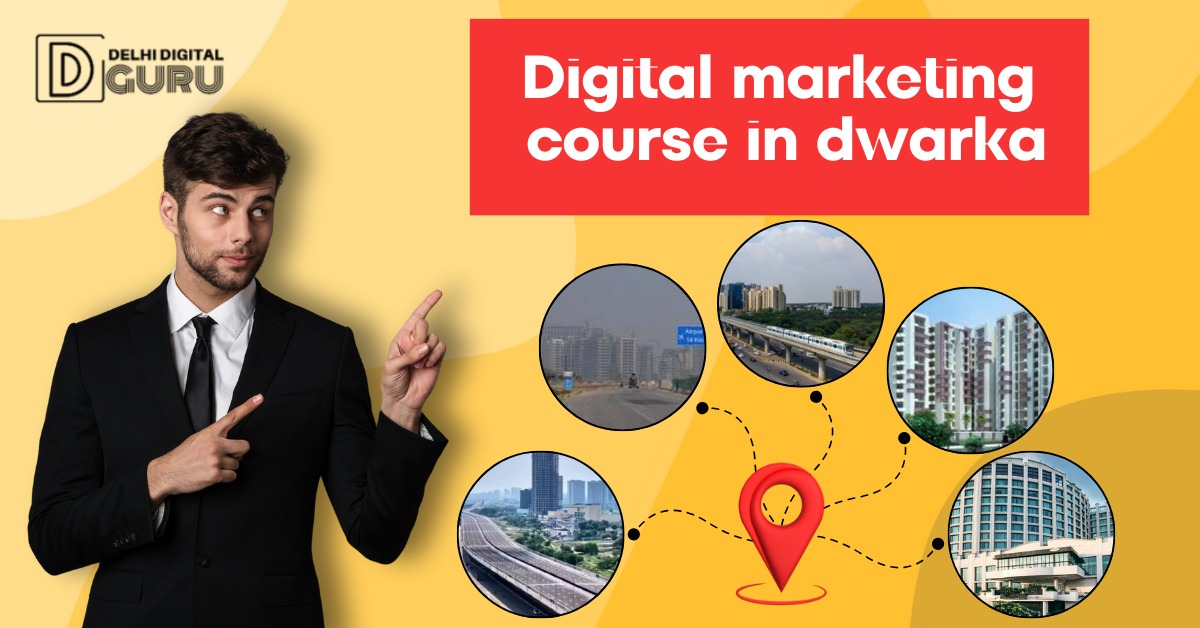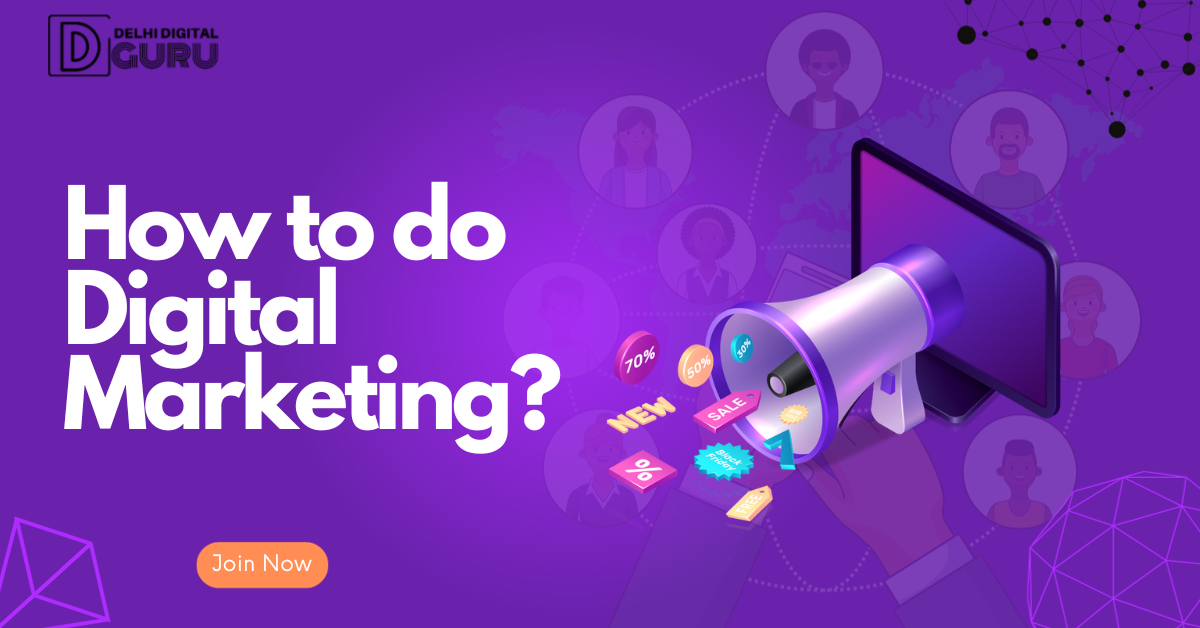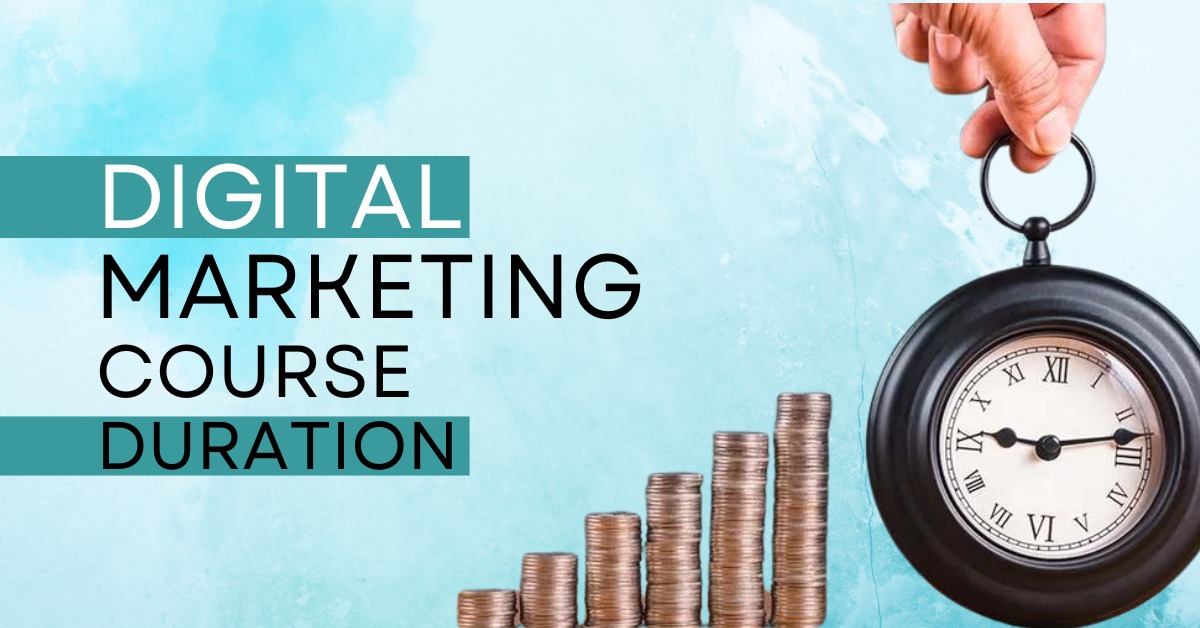Imagine you’re a student who’s passionate about digital marketing and wants to pursue a career in this field. You’ve done your research and found that Delhi is home to some of the best digital marketing institutes in the country.
However, you’re concerned about the high fees charged by these institutes, which can be a major obstacle for students like you. But don’t worry, we’ve got you covered! In this article, we’ll explore the fees charged by digital marketing institutes in Delhi and provide you with tips on how to choose the best institute for your needs.
Now, let’s talk about the fees charged by digital marketing institutes in Delhi. According to the source-text you provided, the fees for a one-year digital marketing program can be up to ₹1,20,000. Additionally, fees for a 6-month digital marketing program can go up to ₹60,000.
Many institutes charge separate fees for internships, so the cost can go up to around ₹80,000. Additionally, a three-month course is also available which ranges from ₹30,000 to ₹50,000. Even for a three-month course, an internship separately may cost ₹20,000, but the total fees are expected to be between ₹70,000 to ₹1,00,000.
Digital marketing institute name with their estimated fees and Google reviews
| Digital Marketing Institute | Fees | Google Reviews |
|---|---|---|
| Digital Paradize | 35,000 rupees | 4.8 stars (based on 120 reviews) |
| Delhi School of Digital Marketing | 45,000 rupees | 4.3 stars (based on 350 reviews) |
| DIDM (Delhi Institute of Digital Marketing) | 50,000 rupees | 4.1 stars (based on 280 reviews) |
| Digital Marketing Institute (DMI) | 60,000 rupees | 4.7 stars (based on 150 reviews) |
| IIDE (Indian Institute of Digital Education) | 70,000 rupees | 4.5 stars (based on 90 reviews) |
| UpGrad | 80,000 rupees | 4.5 stars (based on 90 reviews) |
| Coursera | 90,000 rupees | 4.2 stars (based on 520 reviews) |
| edX | 1,00,000 rupees | (varies by course) |
Please note: It’s important to consider that the number of reviews and ratings can be influenced by various factors. It’s recommended to read through the reviews to get a more nuanced understanding of student experiences.
DIgital Marketing course syllabus
| Module | Topics Covered | Details |
|---|---|---|
| Introduction to Digital Marketing | Overview, Differences between traditional and digital marketing, Importance, and benefits | Basic concepts, advantages, and fundamental principles of digital marketing |
| Search Engine Optimization (SEO) | On-page and off-page SEO, Keyword research, SEO tools, Google algorithms | Techniques to improve search engine rankings, tools for analysis, and understanding Google’s search engine updates |
| Search Engine Marketing (SEM)) | Google AdWords, PPC, Campaign management, Keyword bidding | Paid advertising strategies, managing ad campaigns, and optimizing for better performance |
| Content Marketing | Creating and curating content, Content strategy, SEO copywriting, Blogging | Developing a content strategy, writing for SEO, and effective content distribution methods |
| Social Media Marketing (SMM) | Facebook, Instagram, Twitter, LinkedIn marketing, Influencer marketing | Strategies for various social media platforms, leveraging influencers for brand promotion |
| Email Marketing | Campaign creation, List building, A/B testing, Email analytics | Techniques for effective email marketing, building and segmenting email lists, and optimizing email campaigns |
| Affiliate Marketing | Basics, Networks, Strategies, Legal considerations | Introduction to affiliate marketing, how to use networks and programs, and best practices |
| Online Reputation Management (ORM) | Monitoring brand mentions, Handling feedback, Building positive reputation | Techniques to monitor and manage online reputation, handling negative feedback, and building a positive brand image |
| Web Analytics | Google Analytics, Tracking traffic, Conversion tracking, Data analysis | Setting up and using analytics tools, tracking website traffic and conversions, and analyzing data for insights |
| Mobile Marketing | Mobile SEO, App marketing, Mobile advertising, SMS marketing | Strategies for marketing on mobile platforms, including mobile SEO and app advertising |
| E-commerce Marketing | E-commerce platforms, Product listing, Shopping ads, Customer journey | Marketing strategies specific to e-commerce platforms, optimizing product listings, and enhancing the customer journey |
| Marketing Automation | Automation tools, Lead nurturing, Email automation, Workflow automation | Introduction to marketing automation tools, strategies for lead nurturing and email campaign automation |
| Growth Hacking | Strategies, Case studies, A2R2 framework | Techniques for rapid growth, including case studies and the Acquisition-Activation-Retention-Referral framework |
| Influencer Marketing | Identifying influencers, Campaign planning, Measuring ROI | Methods to identify and collaborate with influencers, planning influencer campaigns, and measuring their effectiveness |
| Video Marketing | Video creation, YouTube marketing, Video advertising, Live streaming | Techniques for creating and optimizing video content, marketing on YouTube, and strategies for live streaming |
| Conversion Rate Optimization (CRO) | User behavior, A/B testing, Landing page optimization, Funnel analysis | Understanding and optimizing user behavior, testing variations, and improving conversion rates |
| Practical Components | Capstone project, Internships, Industry exposure | Real-world project implementation, hands-on experience through internships, and interaction with industry experts |
Become a Digital Marketing Professional
The time it takes to become a proficient digital marketer varies depending on your learning style, prior experience, and the chosen learning path.
- Develop a strong foundation: Enroll in a comprehensive digital marketing course or explore online resources like Google’s Digital Garage
- Practice makes perfect: Apply your learnings to personal projects or volunteer work to gain practical experience.
- Stay updated: The digital marketing landscape is constantly evolving. Regularly consume industry news and publications to stay ahead of the curve.
- Network and build connections: Attend industry events, connect with professionals online, and build your professional network.

Eligibility for a Digital Marketing Course
New graduates: Start your career in digital marketing by arming yourself with in-demand skills.
Marketing experts: Develop new skills to keep current in the ever shifting field of marketing.
Entrepreneurs and business owners: Discover effective internet marketing techniques to advertise your company.
Career changers: Get into the fascinating field of digital marketing and pursue a rewarding career.
When selecting a digital marketing institute based on fees, it’s important to consider the following factors:
- Length of course: A longer course will allow you to learn over a longer period, so it may be more expensive.
- Course content: A comprehensive course will allow you to learn more subjects, so it may be more expensive.
- Qualification of teachers: Experienced and qualified teachers can provide better education, hence they can be more expensive.
- Reputation of the institution: A reputed institution may provide better education, hence it may be more expensive.

By keeping these factors in mind, you can choose the best option for you. It’s also a good idea to compare institutions offering similar education, keep in mind the travel time and expenses, read reviews online, and ask for recommendations from friends or family.
In addition to the above tips, here are some additional tips to help you choose the best digital marketing course:
- Understand your requirements: Before you even begin to look for a digital marketing course, make a list of reasons why you wish to learn digital marketing in the first place. Ask yourself – Why am I learning digital marketing? Am I learning digital marketing to upskill or to make a career in this field? Do I want to learn a complete digital marketing course or specialize in a single module? Figuring out what you want will take you a step closer to choosing what course would be best for you.
- What works for you: Self-learning or mentor-led training? The virtual world has presented us with two learning options: one, a self-taught method of learning, and two, learning with a mentor. While self-learning can be cost-effective, it may not be the best option for everyone. If you prefer a more structured approach to learning, then mentor-led training may be a better fit for you.
- Are the course trainers field experts? Experienced and qualified teachers can provide better education, hence they can be more expensive. It’s important to check the credentials of the trainers before enrolling in a course.
- Concentrate on the course format: The course format can vary from institute to institute. Some institutes offer online courses, while others offer classroom-based courses. It’s important to choose a course format that works best for you.
- Do they offer career guidance? A good digital marketing institute should not only provide you with the necessary skills and knowledge but also offer career guidance. Look for institutes that offer placement assistance, resume building, and interview preparation.
- Does it comply with your budget and schedule? Digital marketing courses can be expensive, so it’s important to choose a course that fits your budget. Additionally, you should also consider your schedule and choose a course that fits your availability.
- Take up a free demo session: Many digital marketing institutes offer free demo sessions to give you a taste of what the course will be like. This can be a great way to evaluate the quality of the course and the teaching style of the trainers.
By following these tips, you can choose the best digital marketing course for your needs and budget. Remember to do your research, compare different institutes, and choose a course that fits your requirements. Good luck! 1: Source: Collegedunia







Leave A Comment